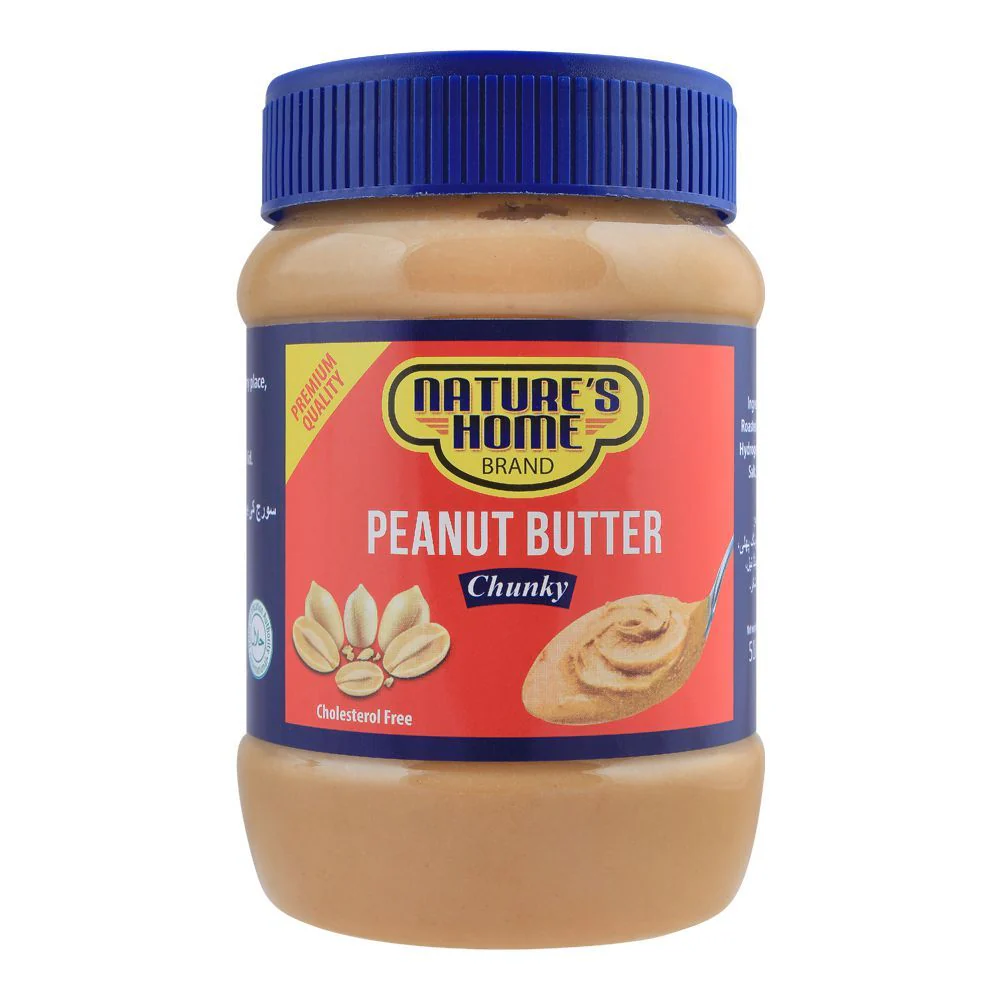
Peanut Butter A Creamy and Nutritious Treat
Peanut butter is a popular food made from ground peanuts. It is a good source of protein, healthy fats, and essential nutrients.
Nutritional Benefits of Peanut Butter:
- Protein: Peanut butter is a good source of protein, which is essential for building and repairing tissues.
- Healthy fats: Peanut butter contains healthy unsaturated fats, which can help lower cholesterol levels.
- Vitamins and minerals: Peanut butter is a good source of vitamin E, magnesium, and potassium.
- Fiber: Peanut butter contains fiber, which can aid in digestion and promote gut health.
Types of Peanut Butter:
- Creamy peanut butter: This type of peanut butter is smooth and has a creamy texture.
- Crunchy peanut butter: This type of peanut butter contains pieces of peanuts for a more textured experience.
- Natural peanut butter: Natural peanut butter contains only peanuts and a small amount of salt.
- Reduced-fat peanut butter: This type of peanut butter has a lower fat content.
Ways to Enjoy Peanut Butter:
- Sandwiches: Peanut butter is a classic sandwich filling.
- Smoothies: Peanut butter can be added to smoothies for a boost of protein and healthy fats.
- Dipping: Peanut butter can be used as a dip for fruits, vegetables, or pretzels.
- Baking: Peanut butter can be used in many baked goods, such as cookies and brownies.
Tips for Choosing Peanut Butter:
- Read the label: Choose a peanut butter that is low in added sugars and unhealthy fats.
- Look for natural peanut butter: Natural peanut butter contains only peanuts and a small amount of salt.
- Store peanut butter in the refrigerator: This can help prevent it from becoming rancid.
Peanut butter is a versatile and nutritious food that can be enjoyed in many different ways. Incorporating it into your diet can help you meet your daily nutritional needs and support your overall health.




